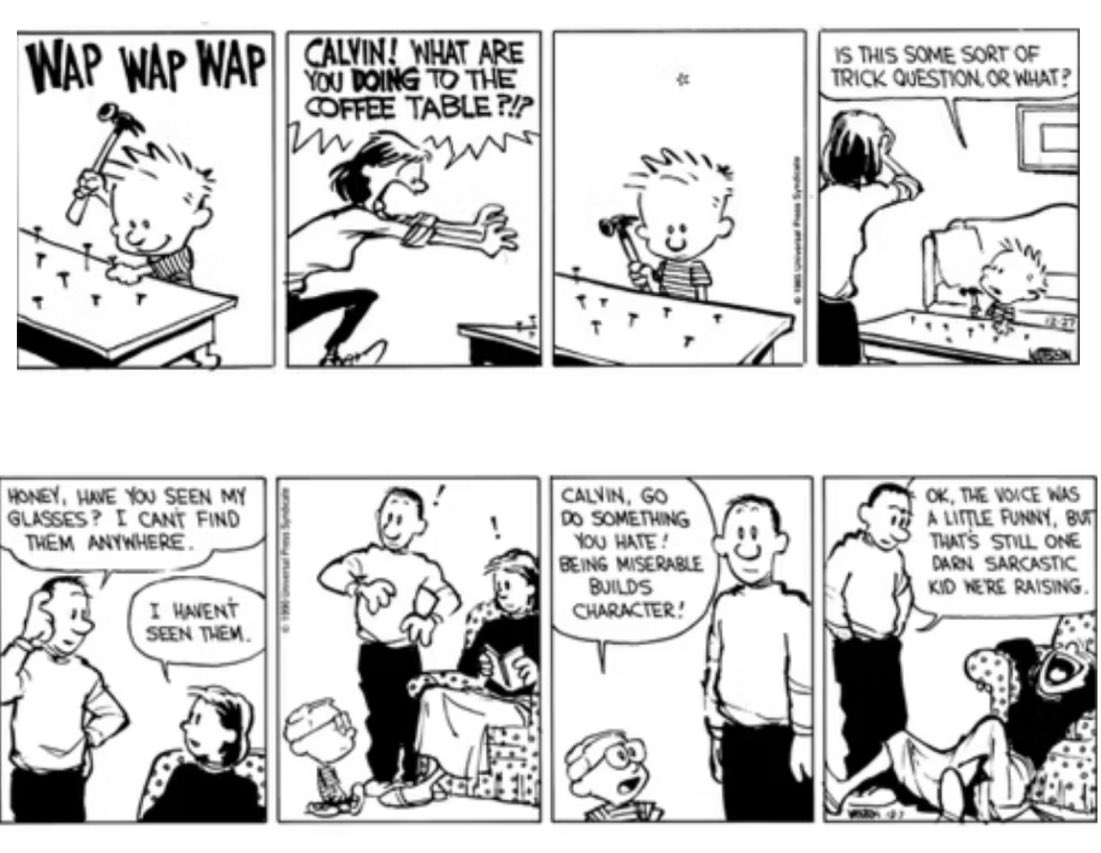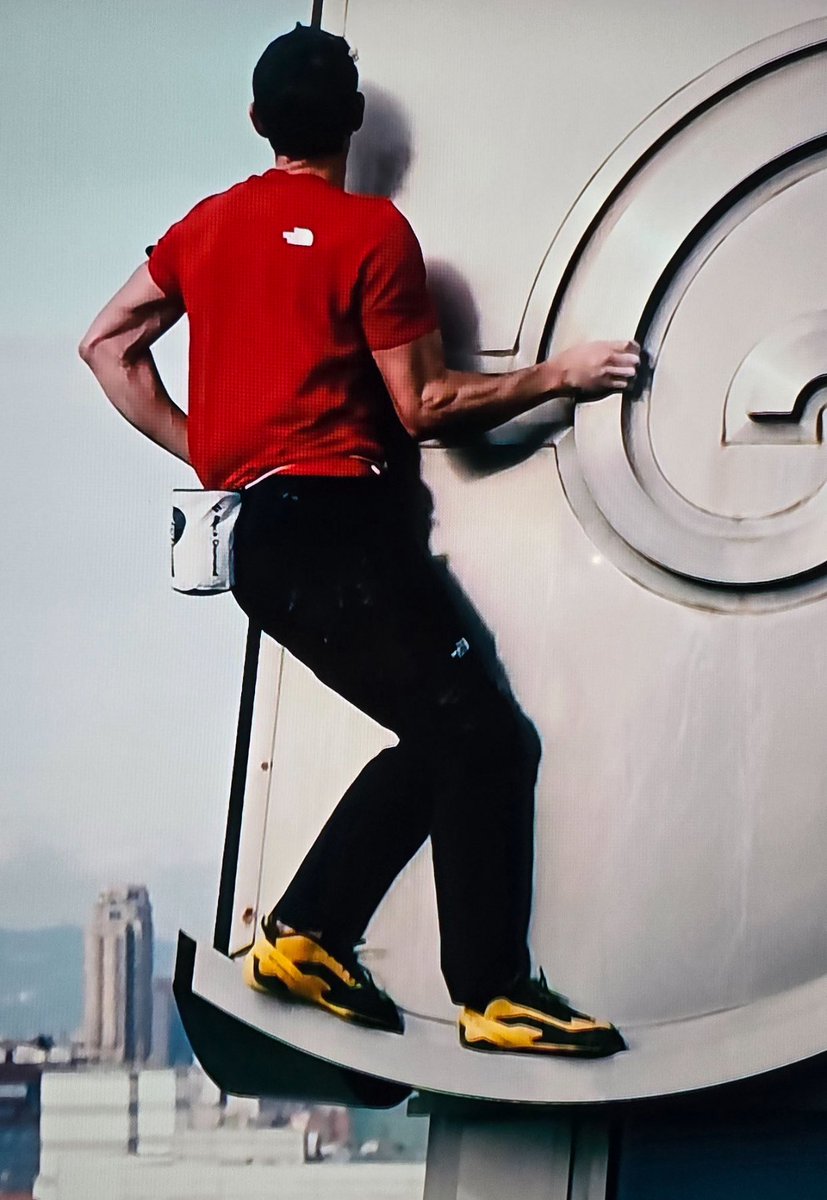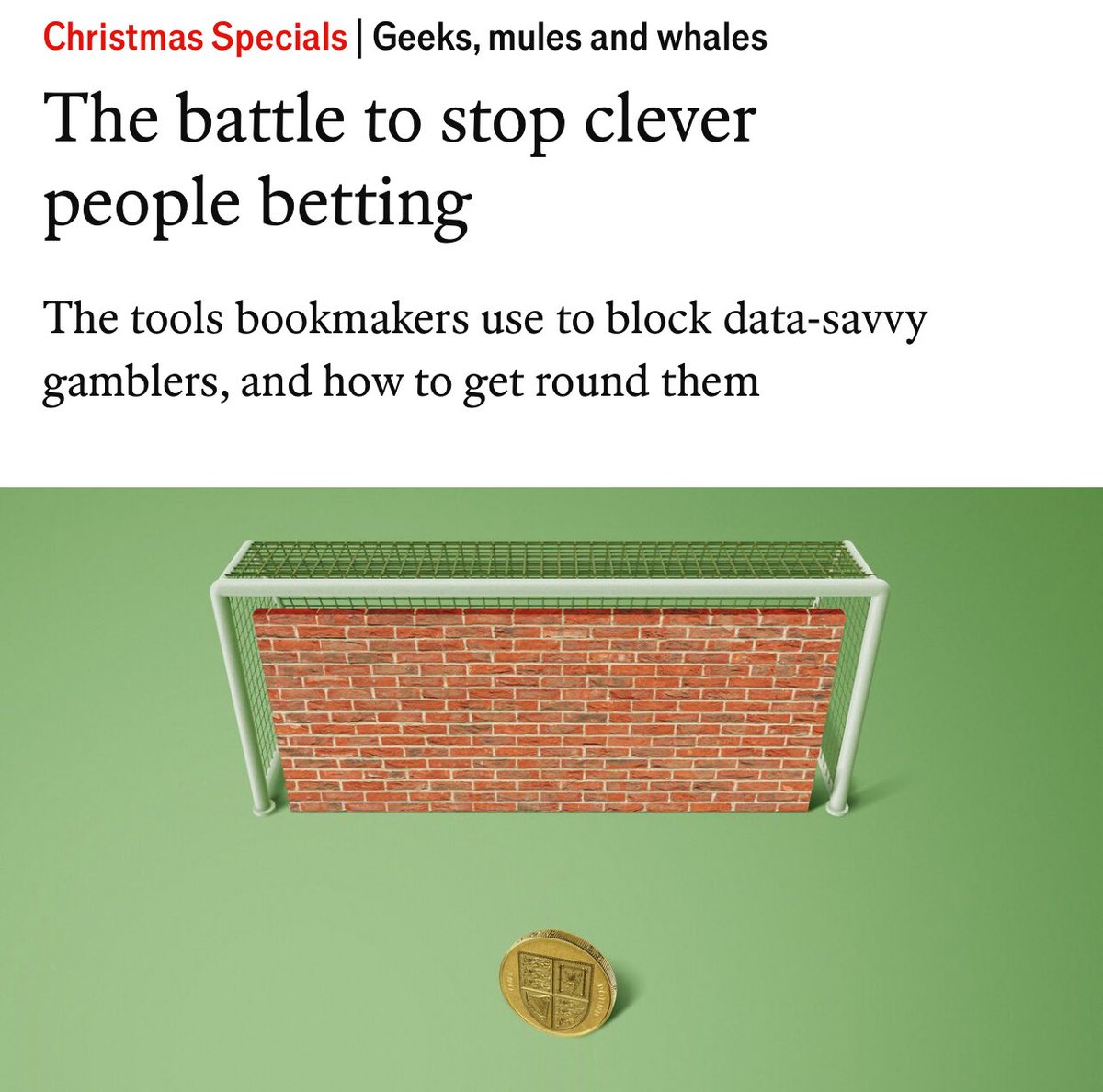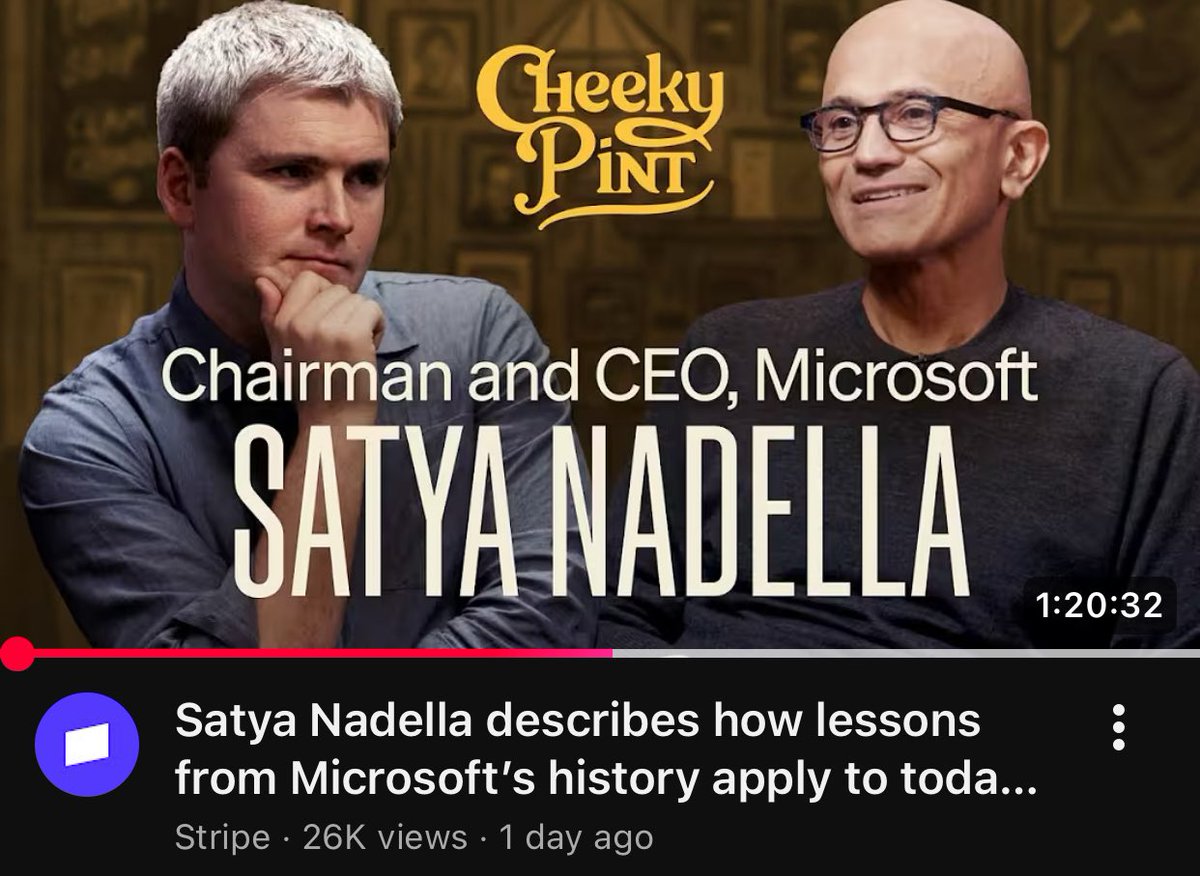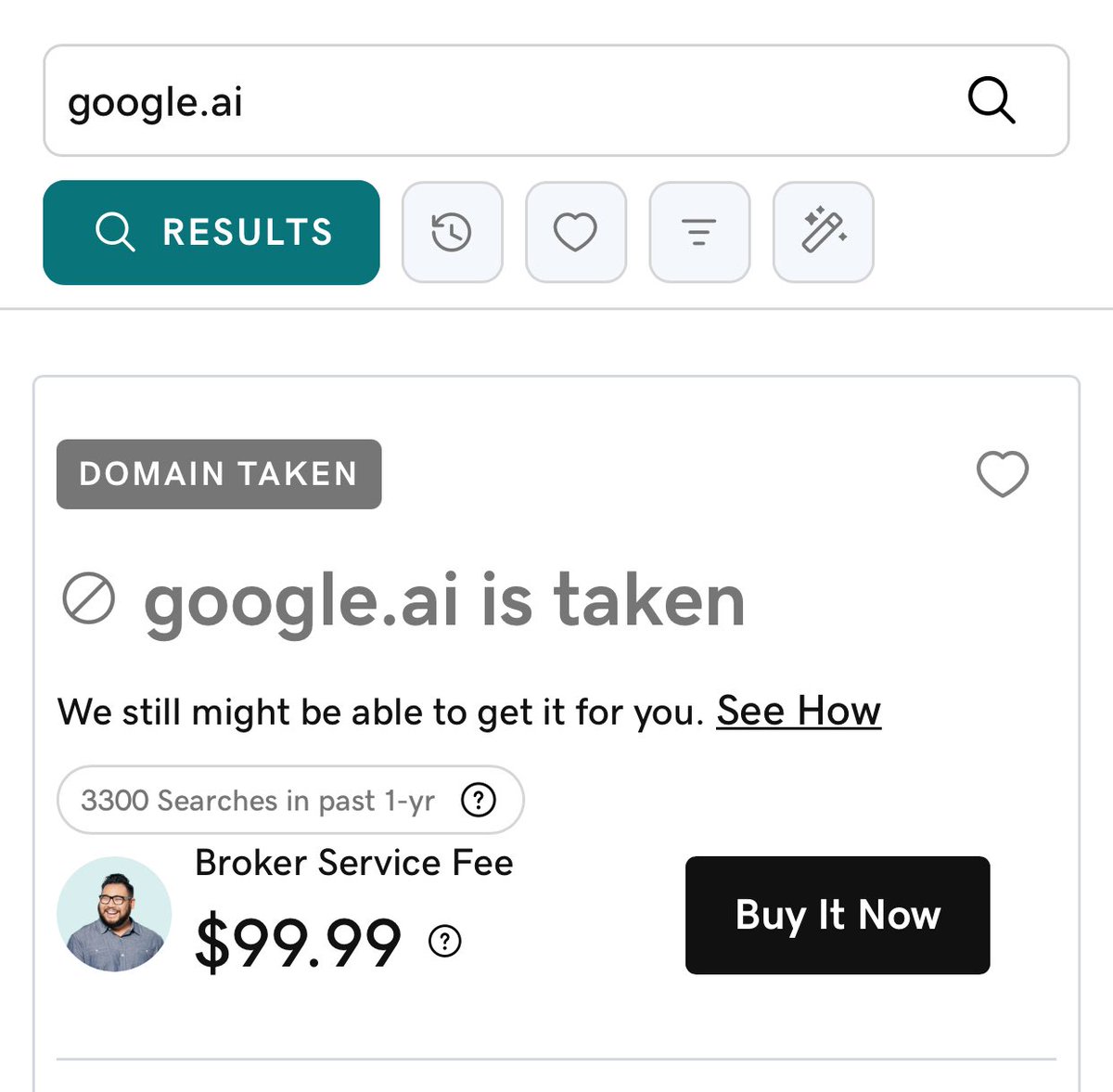“Calvin & Hobbes” might be the purest comic strip ever in the artistic sense.
Despite its success — syndicated in 2k+ papers and 45m books sold — creator Bill Watterson avoided licensing.
By not licensing the IP for games and toys, he left an estimated $400m on the table.
He also refused to do an animated adaptation (even when approached by Hollywood legends like George Lucas and Steven Spielberg).
Watterson liked his low-tech process and believed the purest artistic expression of the comic strip medium was a single person writing every word and penning every stroke.
He believed this purity was compromised by commercialization, which is also why Watterson ended the strip after a 10-year run (1985 to 1995).
Instead of milking the comic, Watterson shut it down at the top. He gave an amazing explanation as to why during an interview with the Cleveland Plain Dealer in 2010:
➡️ “This isn't as hard to understand as people try to make it. By the end of 10 years, I'd said pretty much everything I had come there to say.
It's always better to leave the party early. If I had rolled along with the strip's popularity and repeated myself for another five, 10 or 20 years, the people now "grieving" for "Calvin and Hobbes" would be wishing me dead and cursing newspapers for running tedious, ancient strips like mine instead of acquiring fresher, livelier talent. And I'd be agreeing with them.
I think some of the reason "Calvin and Hobbes" still finds an audience today is because I chose not to run the wheels off it. I've never regretted stopping when I did.” ⬅️

Despite its success — syndicated in 2k+ papers and 45m books sold — creator Bill Watterson avoided licensing.
By not licensing the IP for games and toys, he left an estimated $400m on the table.
He also refused to do an animated adaptation (even when approached by Hollywood legends like George Lucas and Steven Spielberg).
Watterson liked his low-tech process and believed the purest artistic expression of the comic strip medium was a single person writing every word and penning every stroke.
He believed this purity was compromised by commercialization, which is also why Watterson ended the strip after a 10-year run (1985 to 1995).
Instead of milking the comic, Watterson shut it down at the top. He gave an amazing explanation as to why during an interview with the Cleveland Plain Dealer in 2010:
➡️ “This isn't as hard to understand as people try to make it. By the end of 10 years, I'd said pretty much everything I had come there to say.
It's always better to leave the party early. If I had rolled along with the strip's popularity and repeated myself for another five, 10 or 20 years, the people now "grieving" for "Calvin and Hobbes" would be wishing me dead and cursing newspapers for running tedious, ancient strips like mine instead of acquiring fresher, livelier talent. And I'd be agreeing with them.
I think some of the reason "Calvin and Hobbes" still finds an audience today is because I chose not to run the wheels off it. I've never regretted stopping when I did.” ⬅️

Leaving at the peak and having people want more is such an art.
I previously wrote about how The Beatles, Jerry Seinfeld, Steve Martin and Quentin Tarantino were able to pull it off. readtrung.com/p/the-art-of-l…
I previously wrote about how The Beatles, Jerry Seinfeld, Steve Martin and Quentin Tarantino were able to pull it off. readtrung.com/p/the-art-of-l…
This is a very fair point. A semi-analogy is Lego. In the 90s, it was totally against IP deals but then did Star Wars and Harry Potter sets, which brought in a whole new group of young users (as there was a play shift to online /TV away from physical toys).
https://twitter.com/eshear/status/1702374991902416970
Last “Calvin & Hobbes” panel ever (December 31st, 1995)
https://twitter.com/mkobach/status/1702391990976127314
Bill Watterson was born in 1958, which means he walked away from the game at only 37. Unreal.
Side note: his sweater drip is 💯.
Side note: his sweater drip is 💯.

Go Comics posts a “Calvin and Hobbes” cartoon daily and there’s an official X @calvinandhobbes handle.
(h/t @Coscorrodrift)
gocomics.com/calvinandhobbe…
(h/t @Coscorrodrift)
gocomics.com/calvinandhobbe…
@calvinandhobbes @Coscorrodrift It’s also worth flagging that Watterson probably missed out on $100B worth of licensing fees by not cashing in on the “Calvin peeing decal”.
He once joked “I clearly miscalculated how popular it would be to show Calvin urinating on a Ford logo.” screenrant.com/calvin-hobbes-…

He once joked “I clearly miscalculated how popular it would be to show Calvin urinating on a Ford logo.” screenrant.com/calvin-hobbes-…

@calvinandhobbes @Coscorrodrift Watterson explains his aversion to animating in an interview with Mental Floss: mentalfloss.com/article/53216/…


Here is an amazing read comparing Charles Schultz (Peanuts) to Bill Waterson:
Peanuts (eg Snoopy, Charlie Brown) is a licensing juggernaut. Watterson idolized Schultz growing up but had reservations about the commercialization.
Schultz sees it differently.lareviewofbooks.org/article/sellin…


Peanuts (eg Snoopy, Charlie Brown) is a licensing juggernaut. Watterson idolized Schultz growing up but had reservations about the commercialization.
Schultz sees it differently.lareviewofbooks.org/article/sellin…


• • •
Missing some Tweet in this thread? You can try to
force a refresh

